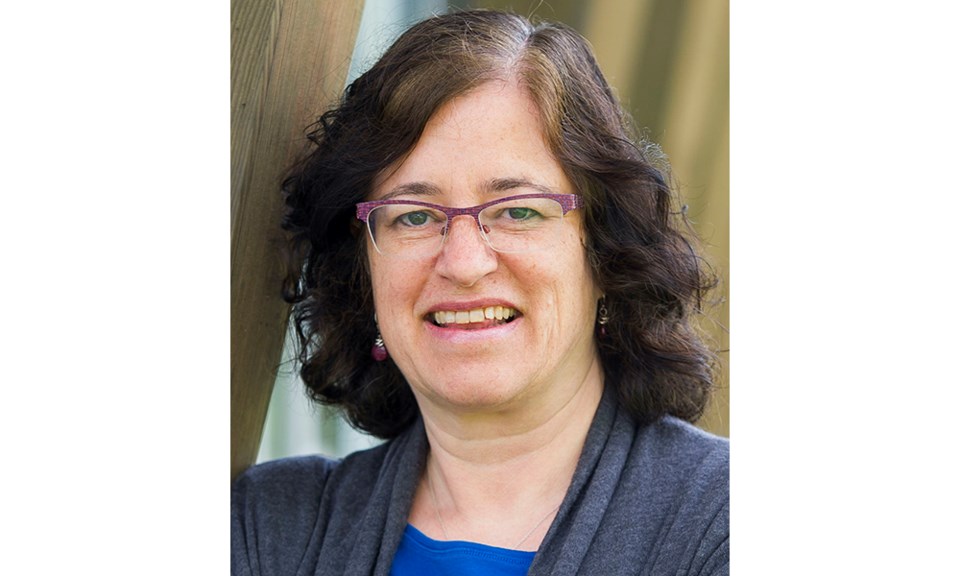How can you make sense of a school shooting? You can’t. All you can do is try to make change that will reduce the likelihood of it happening again.
On Tuesday, 19 school children and two teachers were killed by an 18-year-old gunman in a small Texas town. This comes 10 years after a 20-year-old gunman killed 20 children and six school staff members at Sandy Hook elementary school in Connecticut. It comes just 10 days after 10 people were killed in another mass shooting in Buffalo, New York.
In 2020, gun violence became the leading cause of death for young people in the United States, the New England Journal of Medicine reported. For decades, the leading cause of death in American young people was car crashes, while Canada labels “accidents” the No. 1 cause of death for people aged one to 14.
Canada isn’t immune to gun violence, but school shootings are rare in this country.
It’s impossible to know why any of these shootings happen. In this week’s Texas shooting, the gunman, who was shot by police during the rampage, shot his grandmother at home first. In Sandy Hook, the gunman, who killed himself during the shooting, killed his mother at home first.
Access to guns is a major problem. I will never understand how someone’s right to bear arms overrules other people’s right to life.
New Zealand Prime Minister Jacinda Ardern appeared on Stephen Colbert the night of the Texas shooting. She spoke about the 2019 mosque shooting in New Zealand, after which her country banned certain guns.
“When I watch from afar and see events such as those today, I think of them not as a politician, but I see them just as a mother and I’m so sorry for what has happened here,” Ardern said on TV. “We are a very pragmatic people. When we saw something like that happen, everyone said, ‘never again’ and so then, it was incumbent on us as politicians to respond to that.
Her government brought in a buy-back scheme and destroyed the guns, she said.
“We have legitimate needs for guns in our country for things like pest control and to protect our biodiversity, but you don’t need a miliary-style, semi-automatic weapon to do that, so we got rid of them.”
Canada also banned 1,500 types of assault-style guns in 2020.
Ardern put it well when she told Colbert: “I won’t sit here and say that our system is perfect, but we saw something that wasn’t right and we acted on it.”
American president Joe Biden spoke about the shooting, saying to lose a child is like having a piece of your soul ripped away.
“As a nation we have to ask, when in God’s name are we going to stand up to the gun lobby? When in God’s name are we going to do what we all know in our gut needs to be done? I am sick and tired of it. We have to act,” he said.
Getting rid of assault-style weapons and bringing in stronger gun control laws seem like no-brainers for preventing or reducing mass shootings, in schools or other public places.
Another thing that would help giving young people more hope about the future. So-called “deaths of despair” – those from alcohol, drugs and suicide – are rising in the U.S., research shows. The indicators of despair are things like feeling hopeless, having low self-esteem, feeling unloved, worrying frequently or feeling lonely, helpless or sorry for oneself. I believe people who go on mass shooting sprees are in despair – deeply troubled and seeing no reason to carry on.
I’m not making an excuse for school shooters, not at all. There is no excuse for murder and I do not know what led to the Texas shooting.
It’s a tough and often abrupt transition from childhood to adulthood. If you don’t have a family with the resources or capacity to help you out, it can be a daunting future. Throw in a pandemic, climate change and political division and it’s easy to see how despair could set in.
So yes, getting rid of assault-style guns would be a good first step. But creating a world where young people can be optimistic about the future, with hope for a decent job, a safe home, a habitable world and a country united by some common ground is also something to strive for.
Tracy Sherlock is a freelance journalist who writes about education and social issues. Read her blog or email her [email protected].



